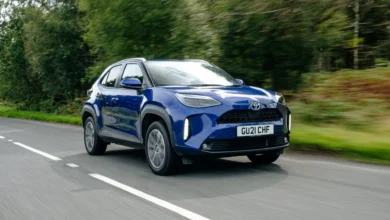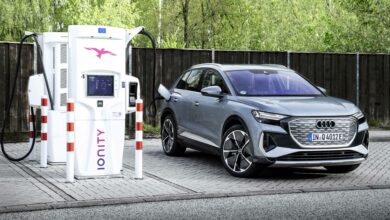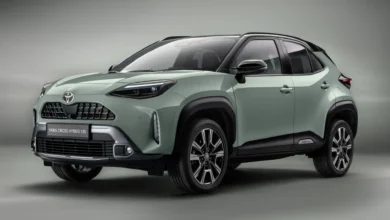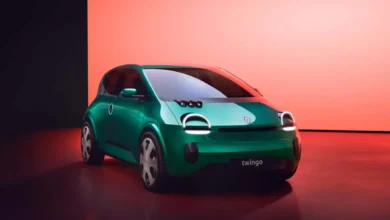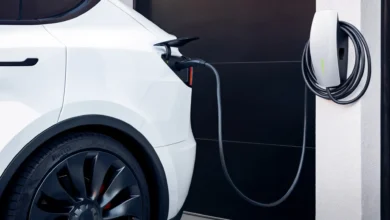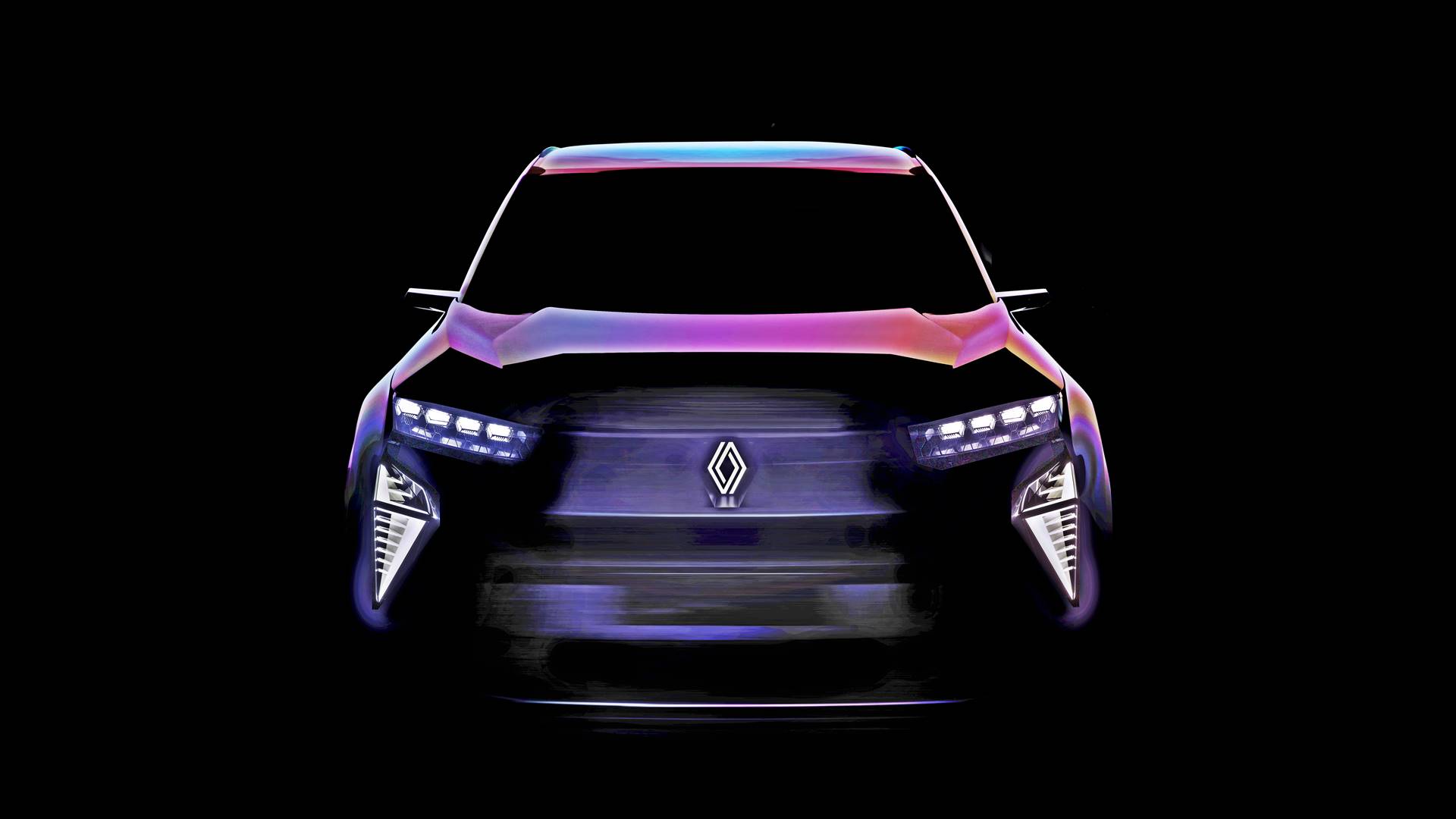
Next May, the diamond brand is going to present a new concept car that could anticipate the replacement of the current Scénic. They haven’t even released his name. Due to its proportions, it points to a crossover, although there is a more relevant detail. It will be “powered by a hydrogen engine”.
That opens up two possibilities, either that it can run on hydrogen in a combustion engine adapted for it, or that it uses a fuel cell to produce electricity for an electric motor. The latter is more likely for two reasons. The first is that Renault aims to exclusively sell electric versions in 2030 – at least in Europe – so it makes no sense to keep the combustion engine alive just to use hydrogen. Only the Japanese insist on that idea.
Instead, Renault already has light commercial vehicles suitable for running on hydrogen fuel cells. In the Renault Master H2-Tech range there is a van, chassis-cab, and minibus variant, all three run on fuel cells from its partner Hyvia. A hydrogen version of the smaller Kangoo was also introduced. Its commercial scope is very small and it is halfway between internal tests and normal sales.
Hydrogen in passenger cars at the moment is not very successful, very few manufacturers are betting on it, see Toyota and partners, BMW, Honda, or Hyundai. Most manufacturers are committed to batteries for electric cars and of course, Renault sees the main solution to decarbonization there. Although hydrogen is only a mention in this prototype, it denotes that at least it has not been completely ruled out, after completing its development with Ford and Daimler four years ago.
For the rest, we can tell you how little we know about the prototype. According to Renault, it reflects the commitments made for its sustainable development strategy. Regarding the environment, it will have no emissions and will take into account the circular economy with recycled and -obviously- recyclable materials. For years, 95% of a new vehicle has to be recyclable.
On security, we expect more assistants and technology, and inclusivity will come from “team diversity” and accessibility measures. The prototype will not necessarily have a transfer to a production model, as happened to the DeZir, but some keys to its design will end up making it to the big series. The question is whether that also applies to its “hydrogen engine”.

